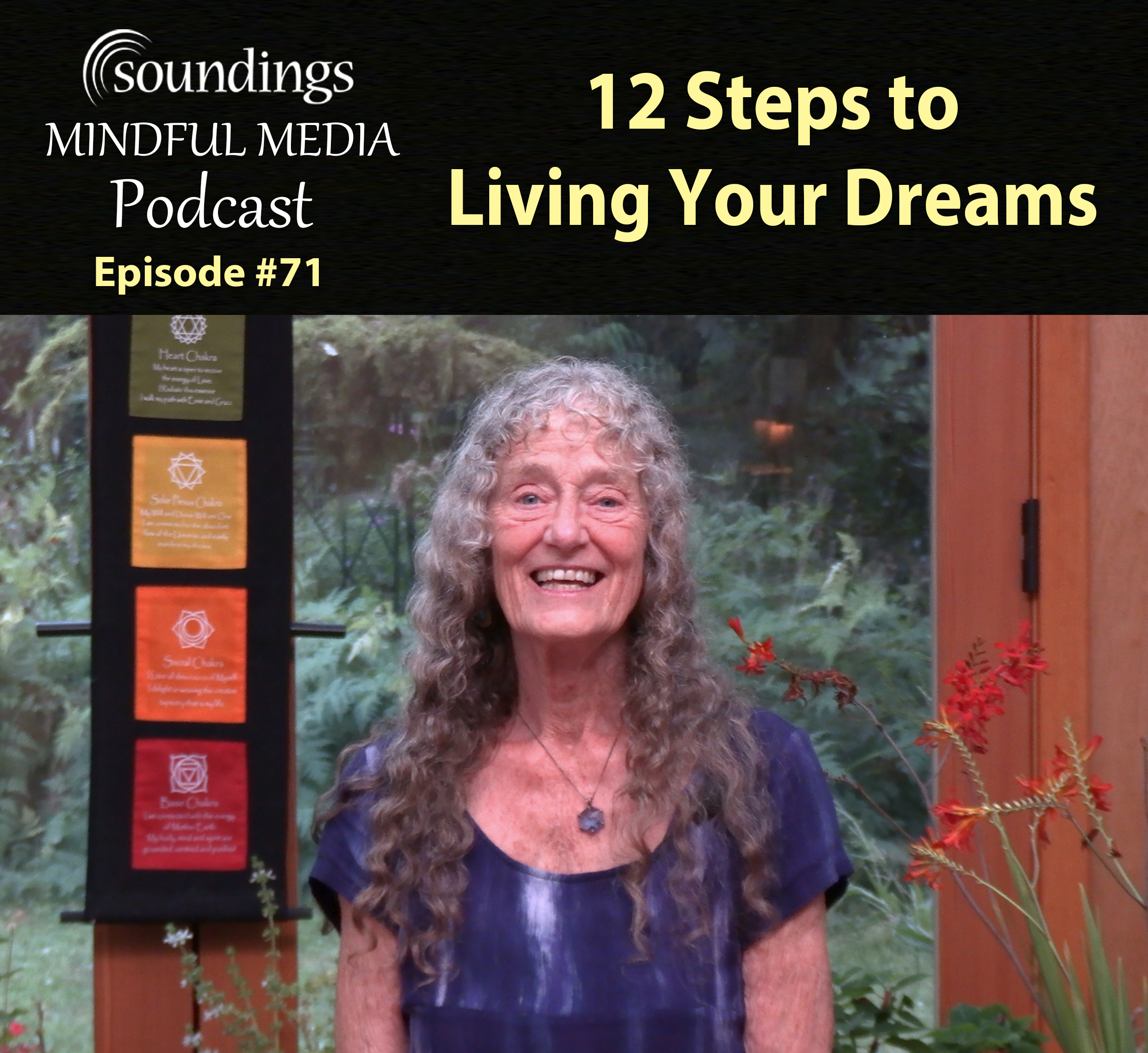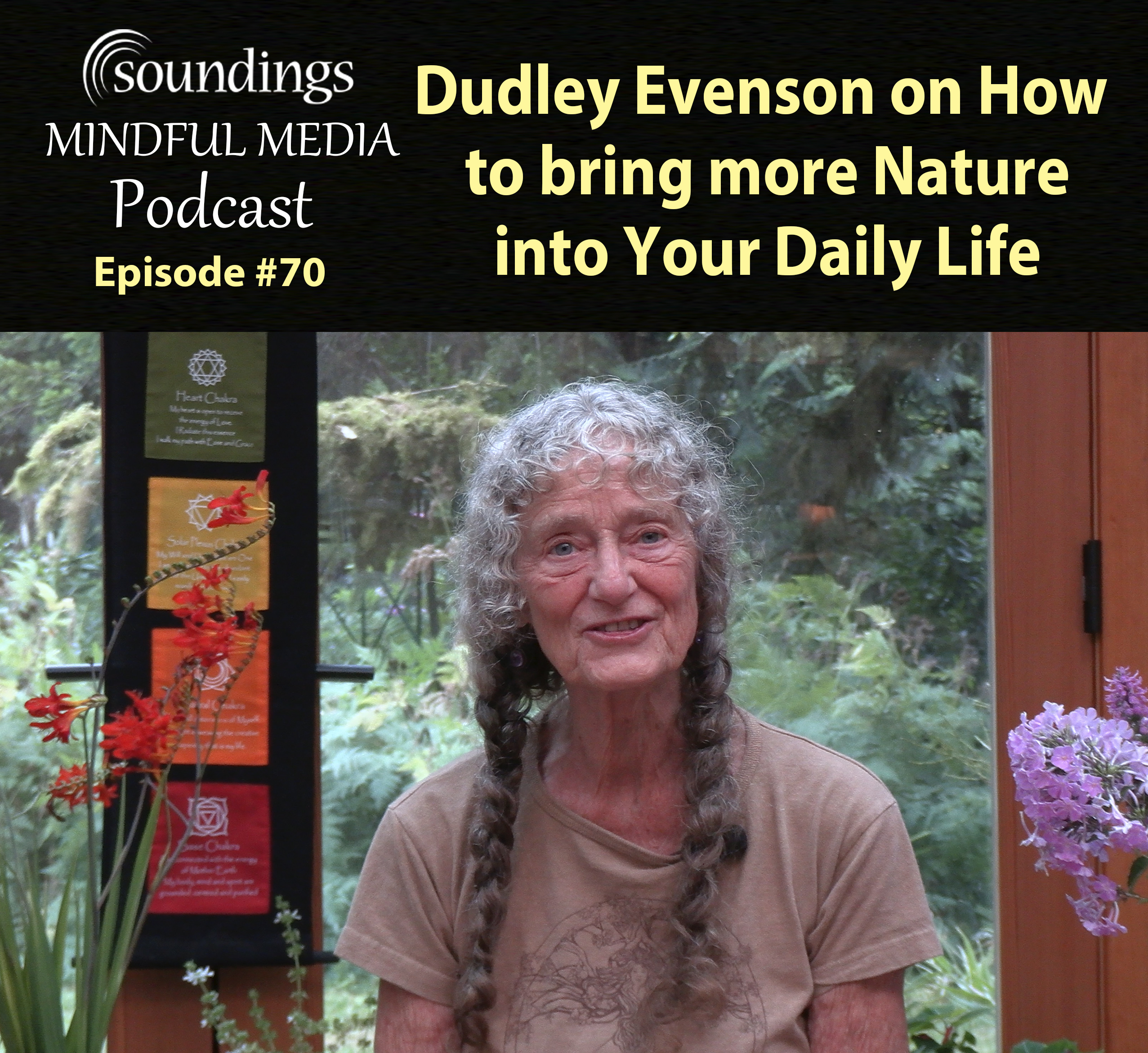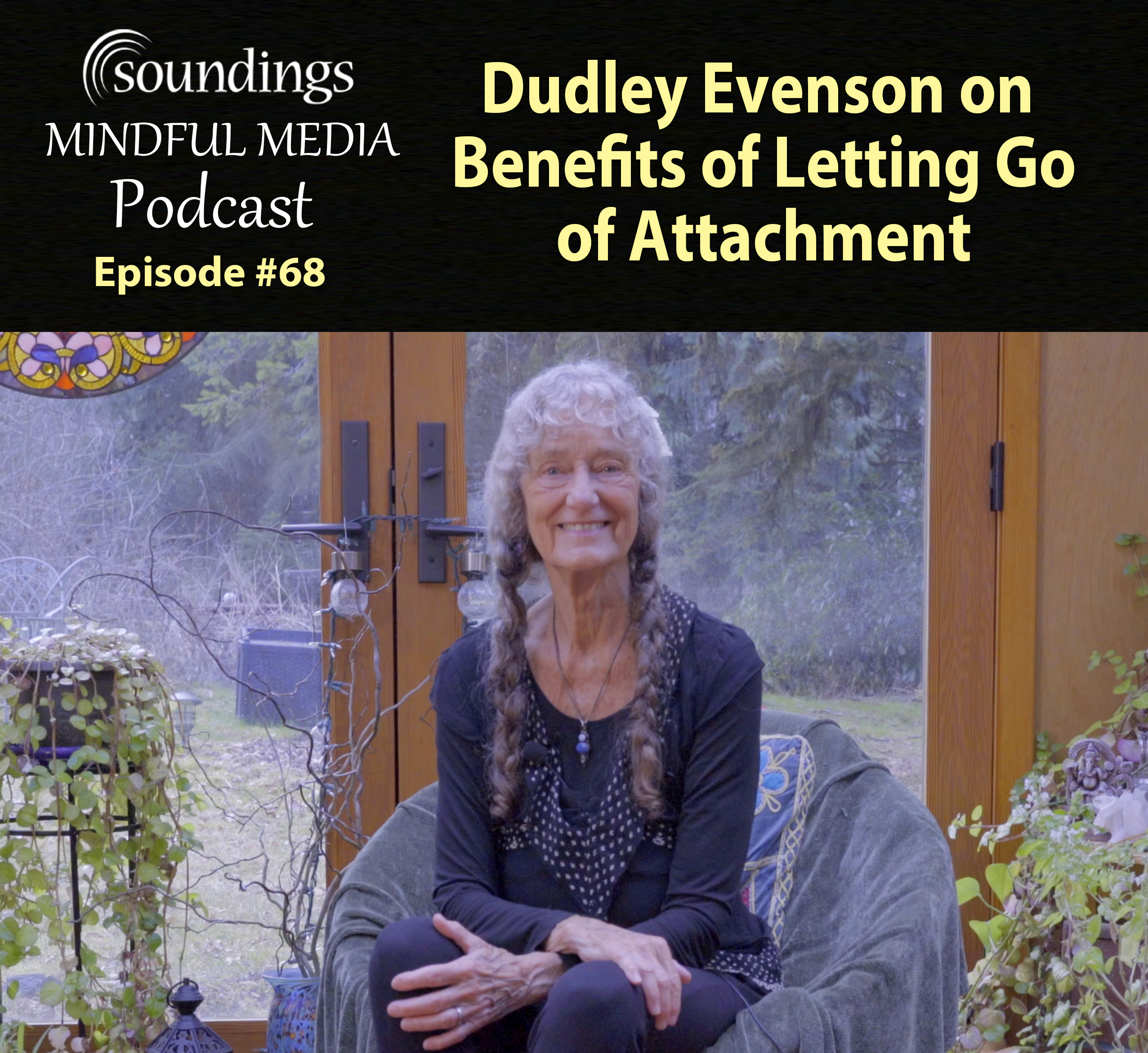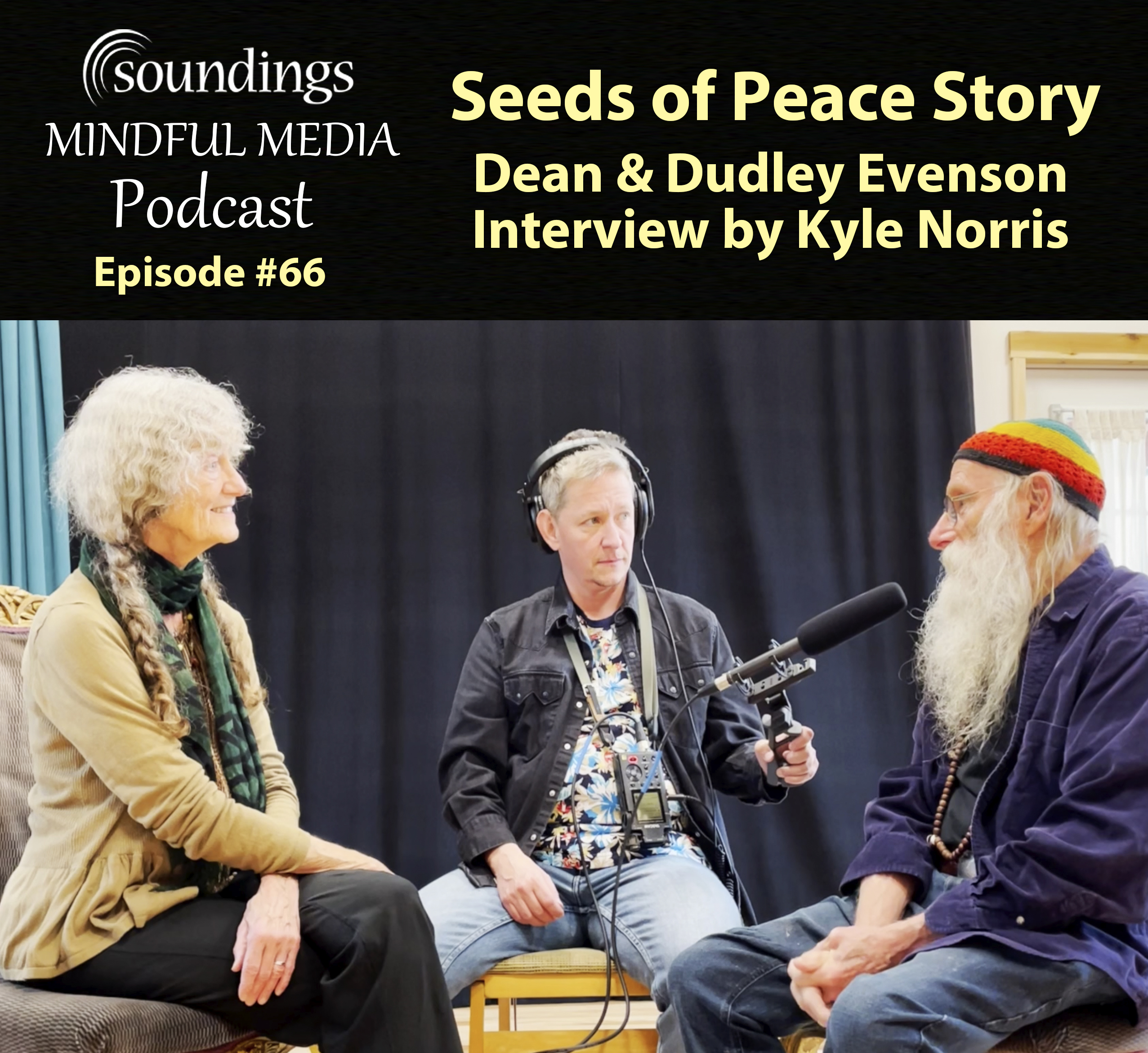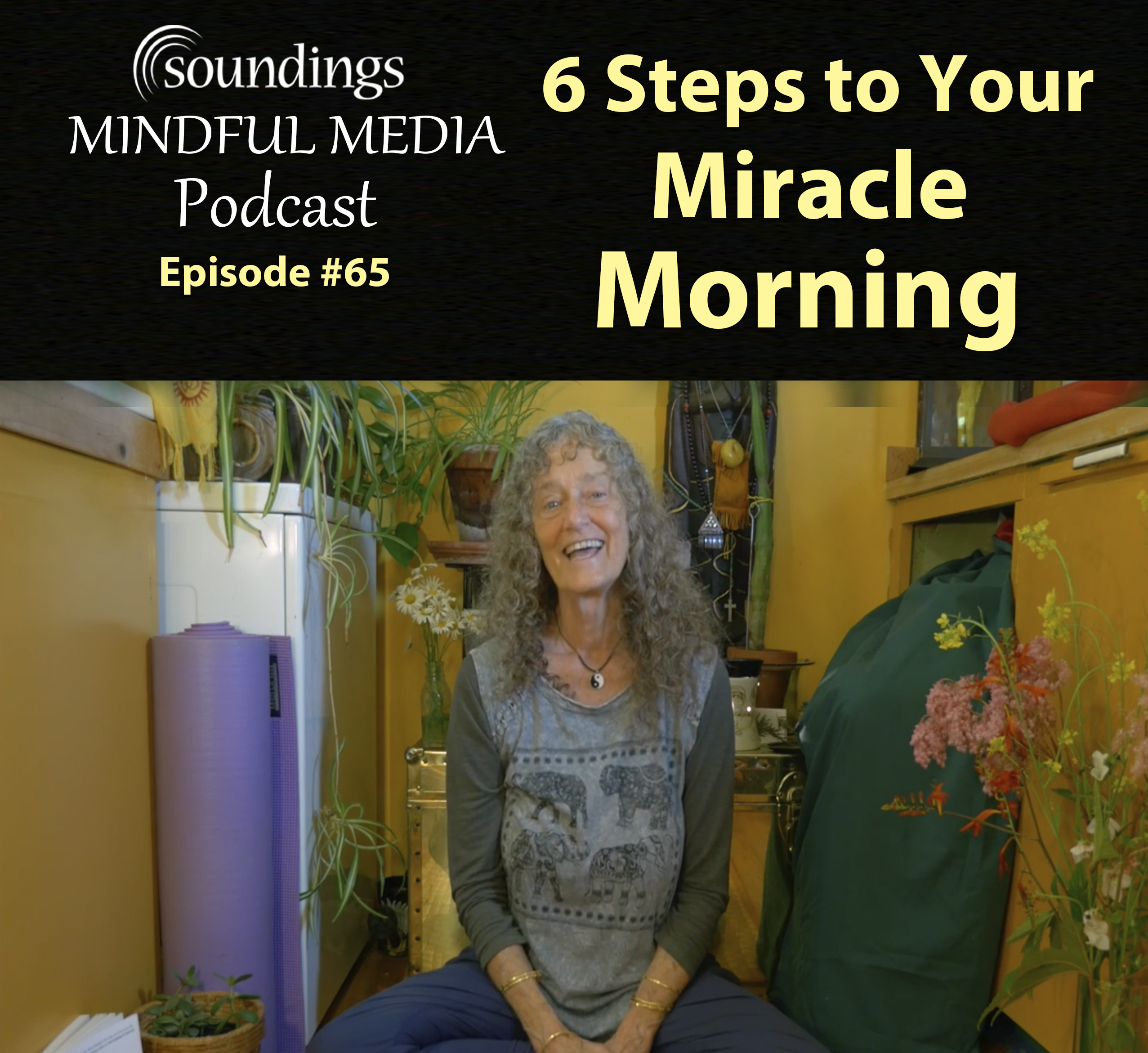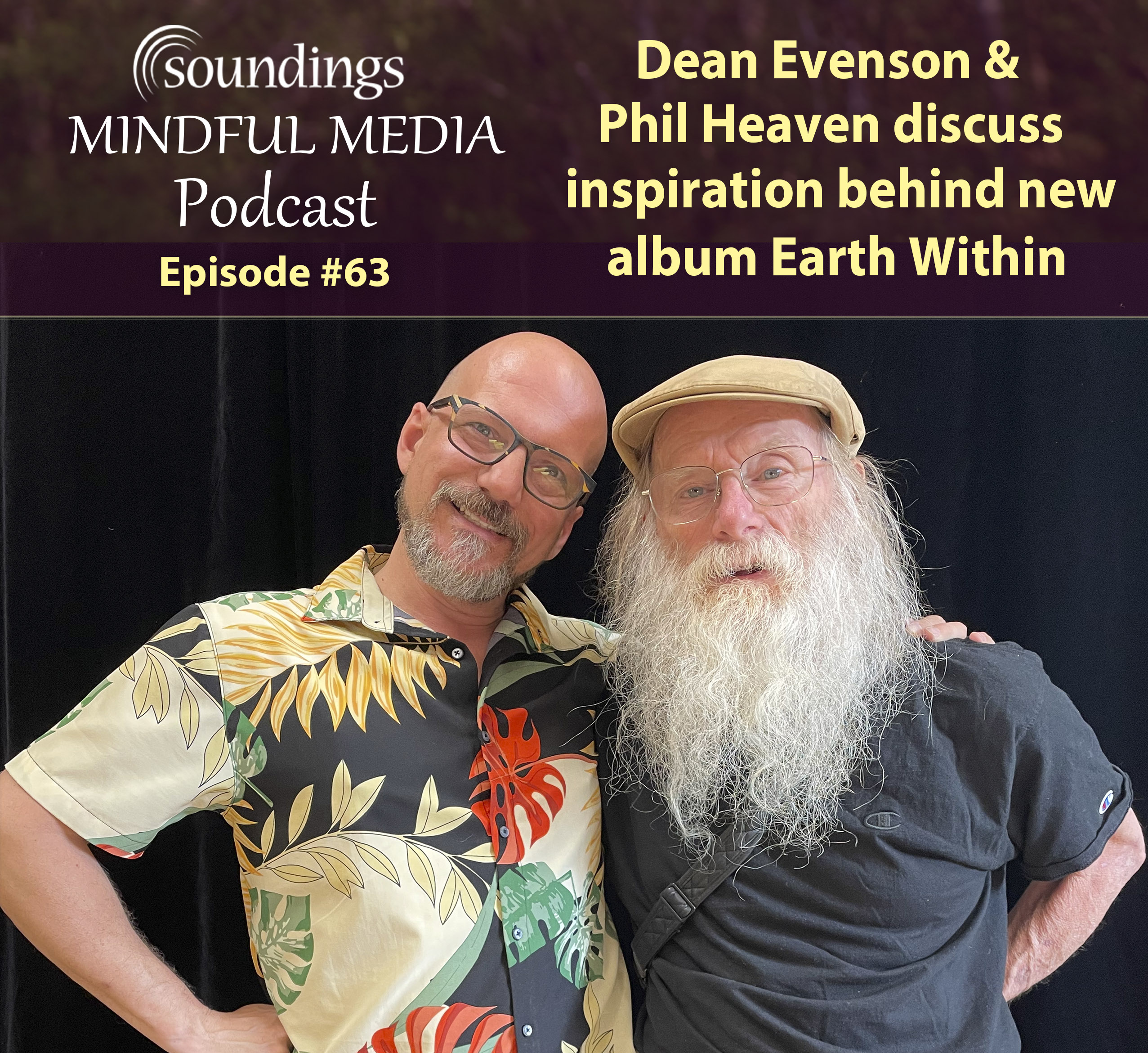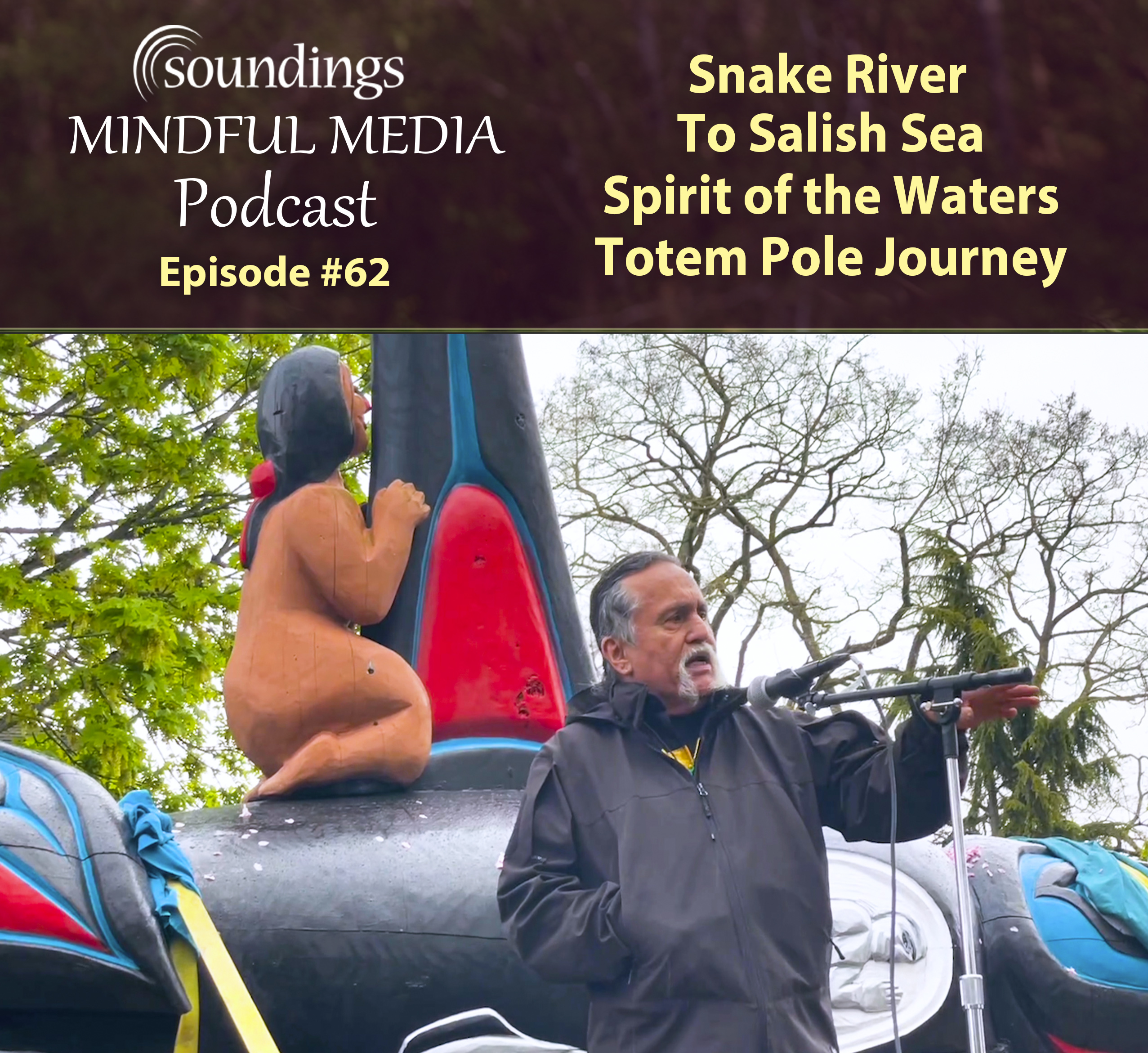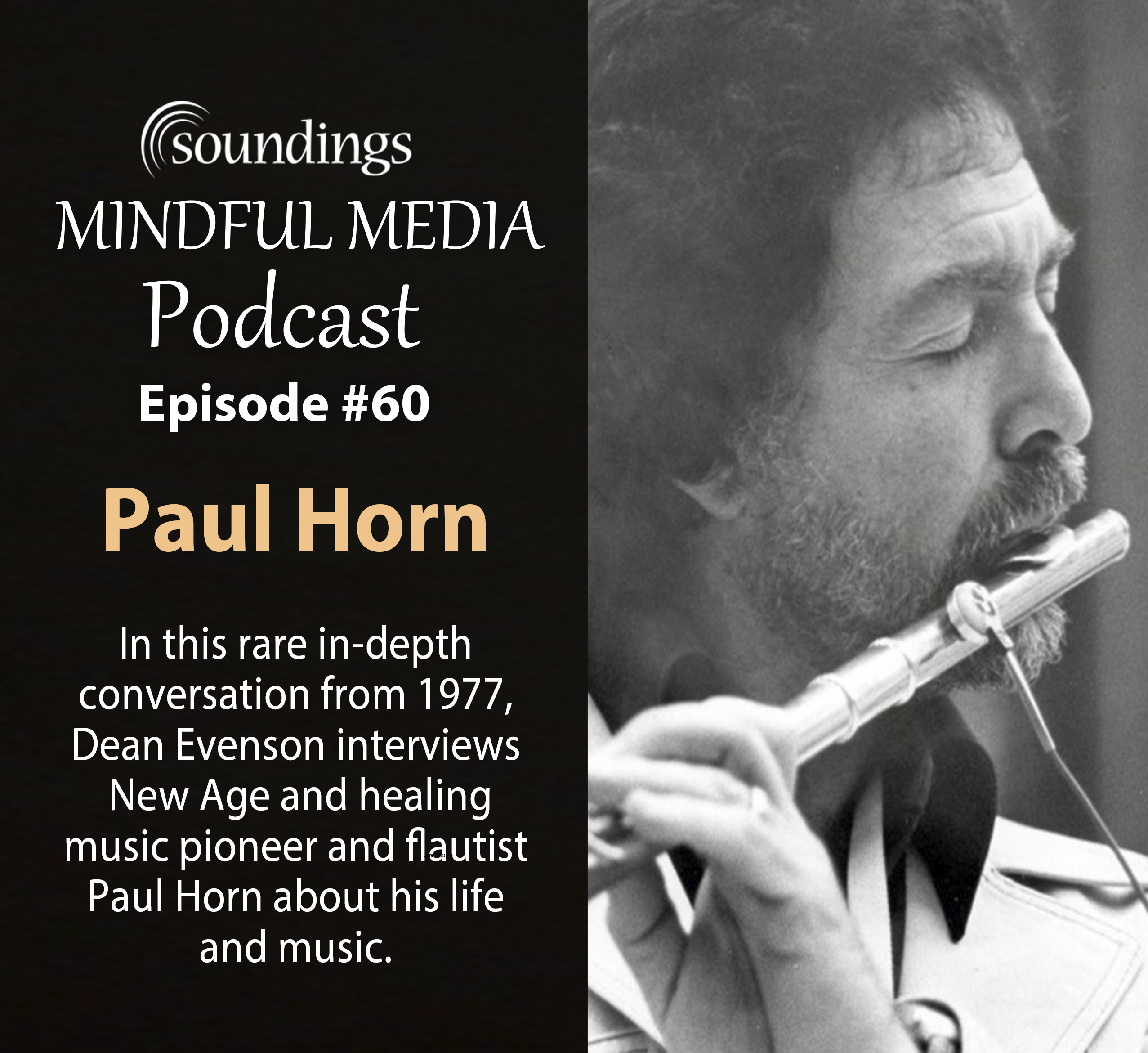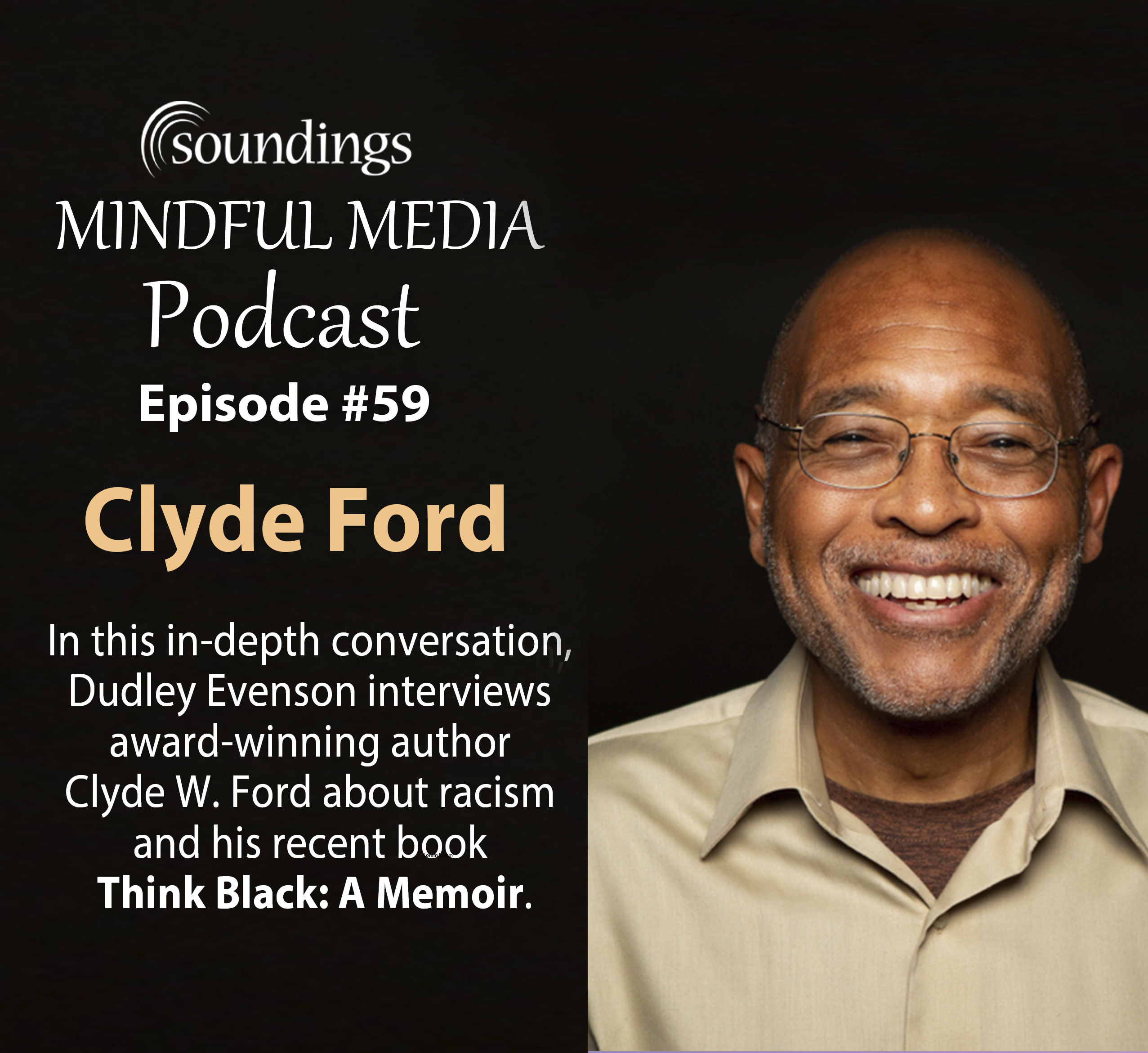What are your dreams? What is holding you back from living your dreams? In this new podcast, Dudley shares the 12 steps to Living Your Dreams. Imagine a life where your deepest aspirations are no longer mere fantasies, but vibrant realities that paint the canvas of your existence. Each step is a whisper of guidance, a roadmap to break free from the shackles of doubt and stride towards the luminous horizon of your dreams.
Uncover the secrets to igniting your passions, cultivating unwavering self-belief, and sculpting a path that resonates with your soul’s true calling. Through each step, you’ll unravel the threads of your potential, weaving them into a tapestry of success and fulfillment. Listen and let the symphony of these 12 transformative steps compose the melody of your destiny to embark on this extraordinary odyssey toward the life you deserve.
Podcast: Play in new window | Download
Subscribe: RSS

